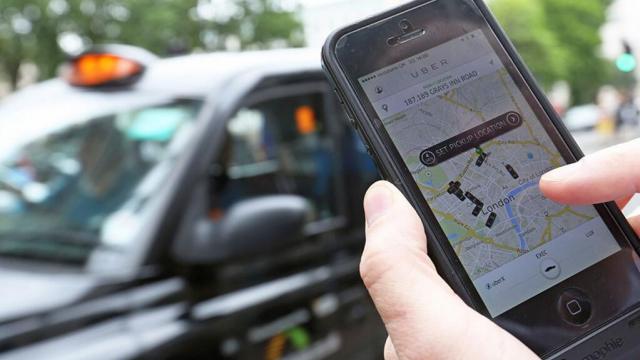
SAN FRANCISCO – In Europe last month, a barrage of protests erupted with the launch of the Uber app ride service as taxi drivers from London, Paris, Madrid and Milan demanded their governments intervene to ensure that all Uber drivers are held to the same safety and bureaucratic standards as taxi drivers.
Now, here in Uber's hometown, San Francisco, concerns continue to rise and a battle for the streets is heating up as more and more Uber drivers hit the roads while taxi drivers struggle in ever greater ways to make ends meet.
Backed by funders like Goldman Sachs and Google Ventures, the on-demand ride service company has exploded in popularity over the past year – though it is now beginning to discover in the Bay Area and across the globe that its popularity has come at a great, and not necessarily sustainable, cost.
Already, women have experienced numerous assaults by the company's unregulated drivers, while licensed taxi drivers continue to pay stiff fees even as their fares drop and their work hours increase in order to stay afloat.
“We are part of a growing community across the world that wants to be more into sharing. We are part of the shared economy,” one Uber official, who asked not to be named, recently told Occupy.com after the June protests against Uber erupted in London and elsewhere across Europe. At the moment, that argument is looking like a hard sell – though the official defended it as the heart of the company's mission.
“Uber is growing because many people around the world want and are demanding new ways of getting to their destination, and we’re doing it at a cheaper rate than the traditional means available,” the official said. Skirting questions relating to the slack requirements on Uber drivers – who aren't required to fulfill the same safety or bureaucratic requirements as regulated taxi drivers – he said it came down to the marketplace. “What we saw was a void of competition that would keep people happy and that is why Uber was created,” the official continued. “If there wasn’t a demand for what we are doing, we wouldn’t be as successful.”
Fairness and Safety On the Roads?
Leaked documents published on Valley Wag show that the company is bringing in over $20 million in weekly revenue – a huge sum, and taxi drivers are none too pleased about the fares going elsewhere. As a result, protests took off across the world, starting here in San Francisco where taxi drivers called on legislators to take immediate action.
According to Sharma, an Indian-American cab driver in San Francisco, Uber drivers can be “just anyone off the street and there are no guarantees” of safety. He referred to the New Year’s Eve death of a six-year-old girl by an Uber driver in San Francisco.
“Uber does not have to insure their drivers," he added. "Passengers can be assaulted and the company is not responsible. They are not forcing their drivers to properly train, relying on GPS for those drivers who don’t know the area, and most of the drivers are not doing this to survive and feed their family – they are just looking to make some extra cash on the side."
Taxi drivers face rounds of scrutiny before they can get behind the wheel, including drug tests and criminal background checks that register any record of prior sexual offenses. Uber, on the other hand, doesn’t go to these lengths; it considers itself a technology firm, not a taxi company, and the gray area makes it difficult for passengers to file complaints against Uber or even its drivers.
A number of women in the past year have reported being assaulted by Uber drivers. But unlike taxi services, where a passenger can clearly see phone numbers and license plate numbers of the driver in order to file a complaint, Uber has no such markings – which makes the company only marginally responsible for the behavior of its drivers.
One unnamed Uber driver in the Bay Area even boasted to Occupy.com that he “expected to pick up a girl every two weeks,” highlighting the potential threat of unvetted drivers.
“I don’t need this job really, I am here to make some extra cash and find some women," he said. "That’s why I am driving around.”
Beyond safety concerns for women, the app service is meanwhile forcing taxi drivers to work longer and longer hours – in the case of Sharma, for instance, increasing his daily time on the road from eight to between 10 and 12 hours.
"We pay a $110 fee every day to drive the taxi and now that people are using these new drivers, for whatever reason, it is hurting my ability to make a living,” he said.
Sharma said he is not against Uber being on the road per se, but wants to see more regulation forcing its private drivers to go through the same vetting and legalization process before they can get out on the road – creating a more level playing field.
“This is what matters. Because we have to go through a lot of training, pay fees, get insurance – this adds up," Sharma said, "and then when you have drivers who are just using their own car, not having any of the same requirements we have as taxi drivers, there is a problem. It is not just and fair. I think the government needs to step in."
3 WAYS TO SHOW YOUR SUPPORT
- Log in to post comments

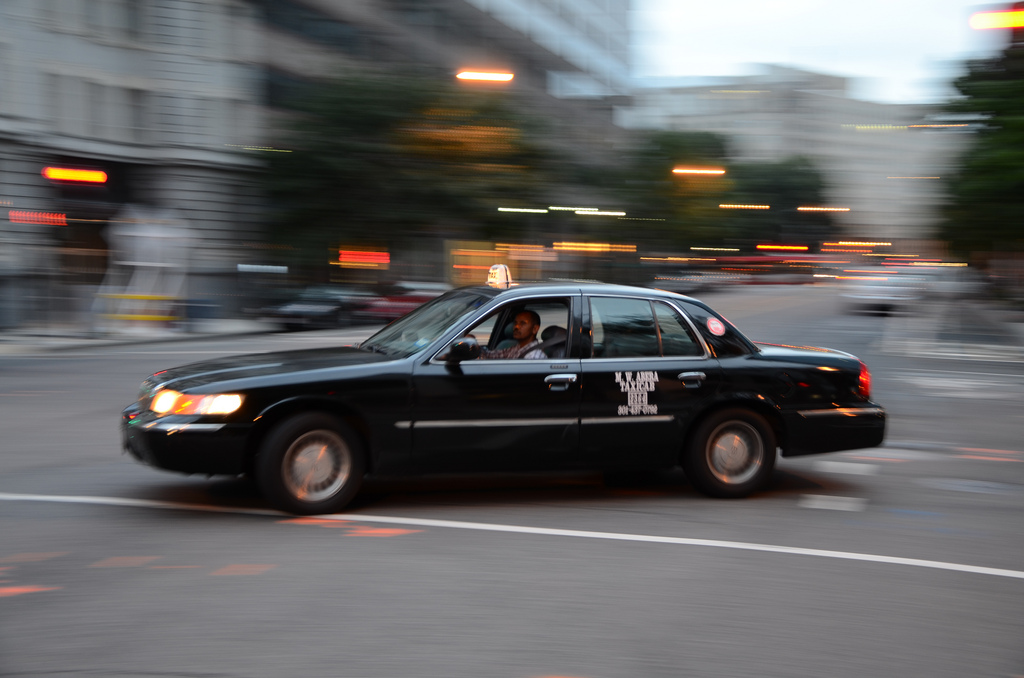
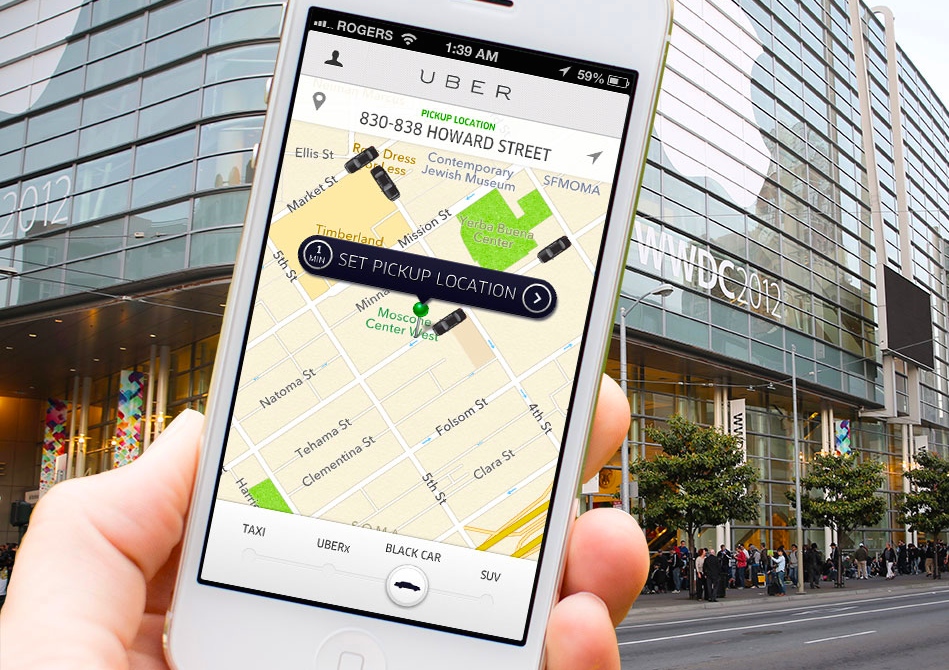
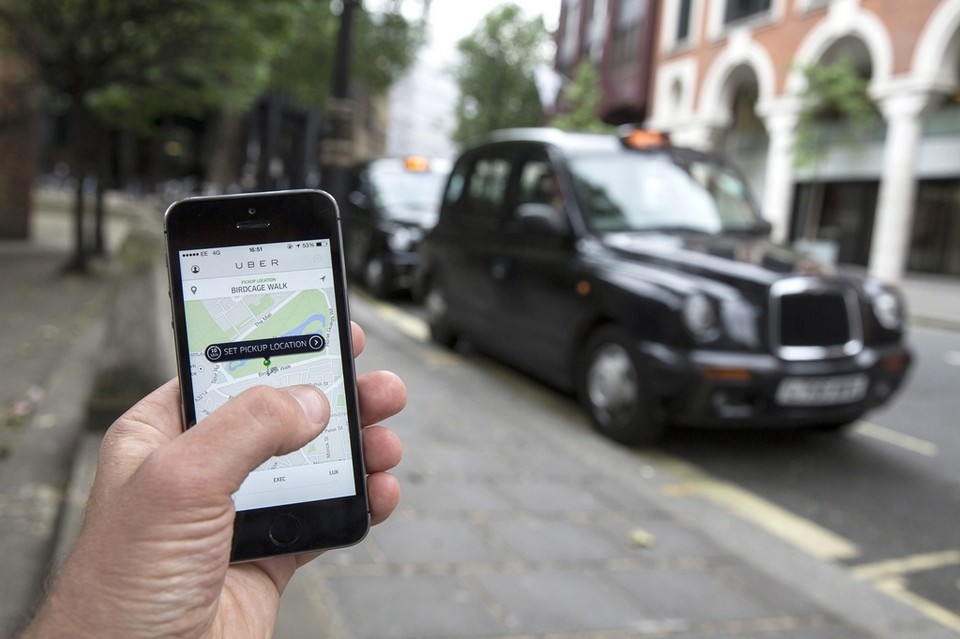
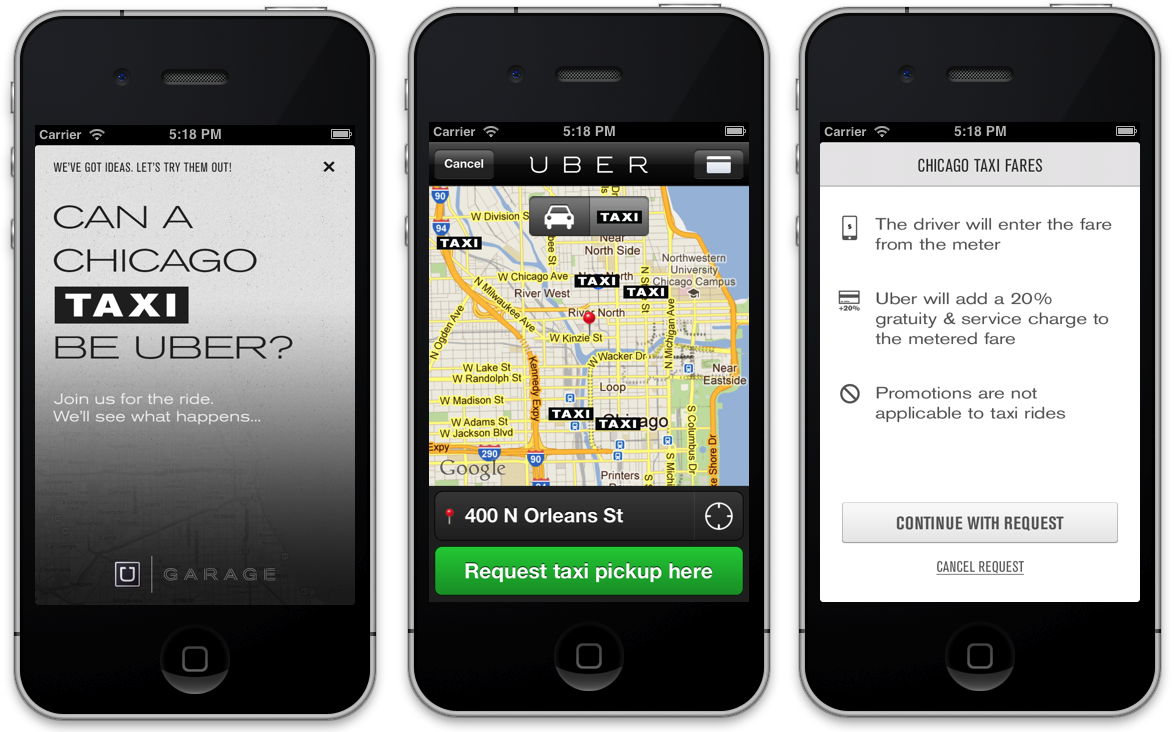
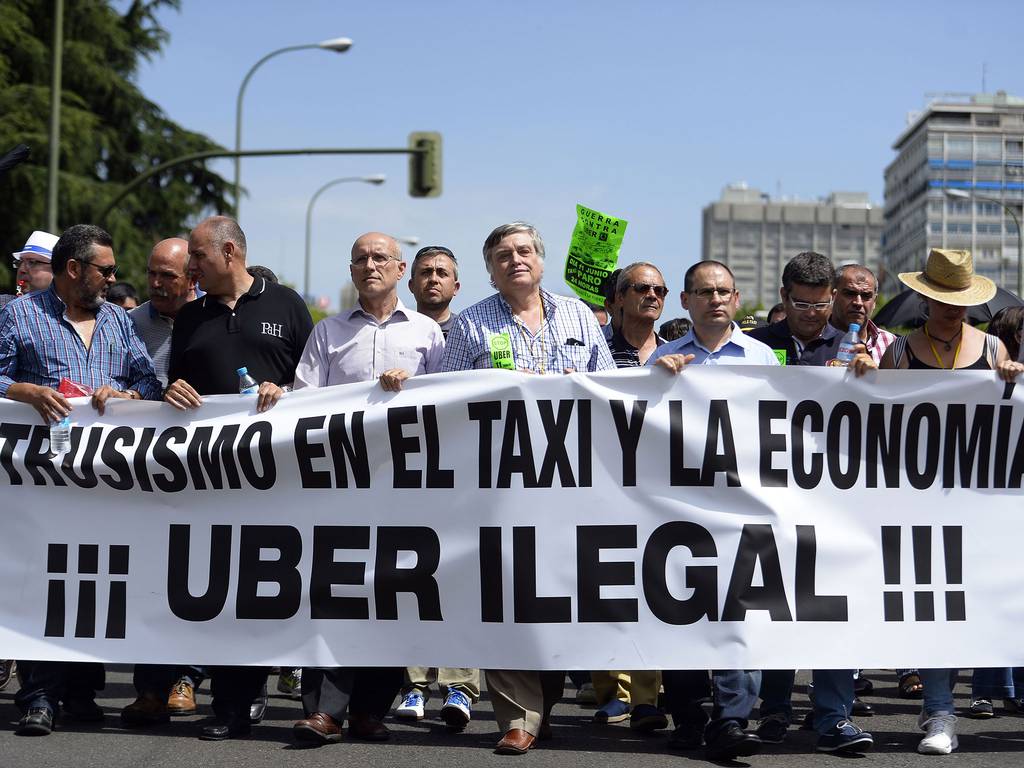













Comments
William Karter replied on
Uber is the future
No matter what people say am confident how uber is changing the way people travel. At the same time the employment opportunities it provides to the driver is huge. I have been driving Uber for past couple of months and yea I made more than what routine taxi job used to pay me. I really dont understand what is the fuzz about uber being putting driver at risk. If you want to drive with uber than drive or leave it. Its that simple. With services like <a href=http://uberestimate.org>uber estimator</a> one can now even know how much money the driver would make per ride.
A happy uber driver.
William Karter replied on
Uber Estimator
[url=http://uberestimate.org]Uber Estimator[/url]
William Karter replied on
Uber fare calculator
Find out the cost of your Uber ride using http://uberestimate.org/